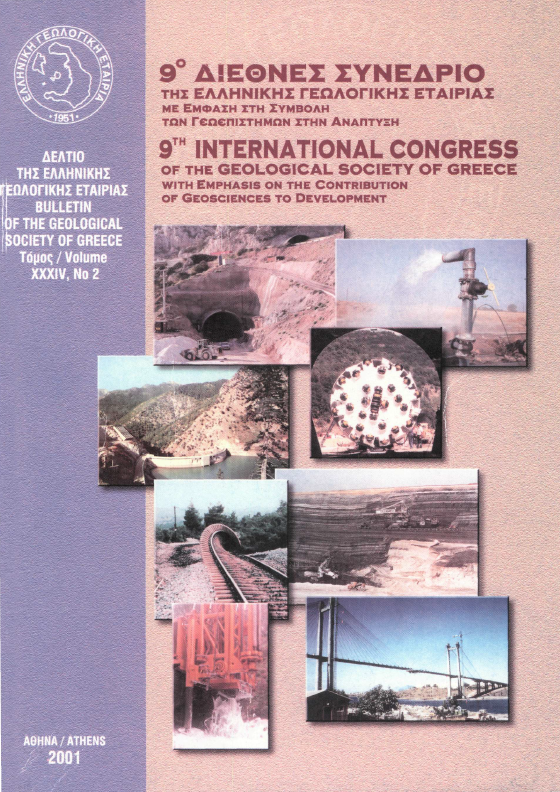Karst and geotops of karst origin in Albania

Abstract
Albania is one of the most karst-developed countries in Europe. Karst phenomena are related to soluted carbonate formations which cover of about 7300 km2 of Albanian territory and with sulfate evaporates rocks, which outcrop of about 500 km2. Typically alpine relief of average altitude 708 m above the sea level and high horizontal splitting are favorable for karst development. Karst and geological sites of karst origin are widespread mainly in Albanian Alps and in Ionian zone. In Albanides there are determined surfaces and underground karst forms which belong to the Neo-Pliocene-Quaternary age and deep karst forms belonging to the paleokarst in old formations. The most widespread karst forms in carbonate rocks there are valleys, caves, cones etc., while into salt rocks there are formed many karstic lakes and depressions. Up to now there are determined about 80 karstic caves, nice karst fields, valleys, plains, which represent geological sites of karst origin.
Article Details
- How to Cite
-
SERJANI, A., HALLACl, H., NEZIRAJ, A., & HALLACl, A. (2018). Karst and geotops of karst origin in Albania. Bulletin of the Geological Society of Greece, 34(2), 811–817. https://doi.org/10.12681/bgsg.17704
- Section
- Geosites

This work is licensed under a Creative Commons Attribution-NonCommercial 4.0 International License.
Authors who publish with this journal agree to the following terms:
Authors retain copyright and grant the journal right of first publication with the work simultaneously licensed under a Creative Commons Attribution Non-Commercial License that allows others to share the work with an acknowledgement of the work's authorship and initial publication in this journal.
Authors are able to enter into separate, additional contractual arrangements for the non-exclusive distribution of the journal's published version of the work (e.g. post it to an institutional repository or publish it in a book), with an acknowledgement of its initial publication in this journal. Authors are permitted and encouraged to post their work online (preferably in institutional repositories or on their website) prior to and during the submission process, as it can lead to productive exchanges, as well as earlier and greater citation of published work.


